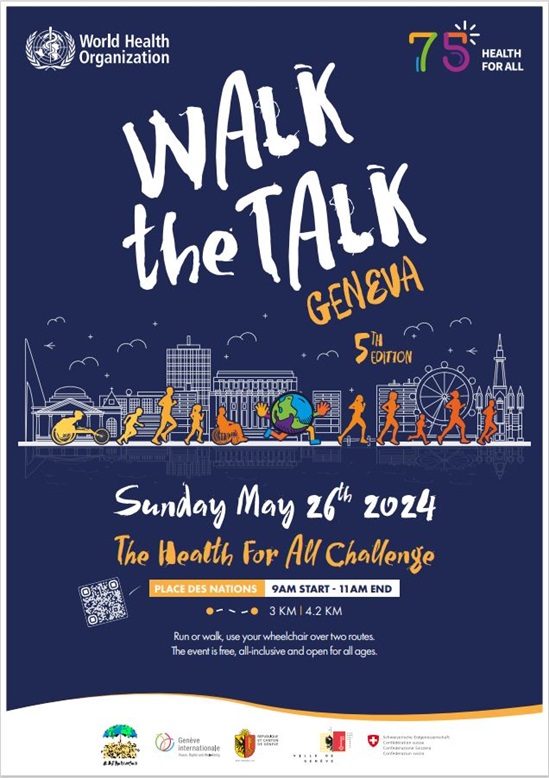Preventing noncommunicable diseases
Reducing the major risk factors for noncommunicable diseases (NCDs) – tobacco use, physical inactivity, unhealthy diet and the harmful use of alcohol – is the focus of WHO’s work to prevent deaths from NCDs.
NCDs – primarily heart and lung diseases, cancers and diabetes – are the world’s largest killers, with an estimated 41 million deaths annually. Of these deaths, 17 million are premature (under 70 years of age). If we reduce the global impact of risk factors, we can go a long way to reducing the number of deaths worldwide.
Prevention of NCDs is a growing issue: the burden of NCDs falls mainly on developing countries, where 82% of premature deaths from these diseases occur. Tackling the risk factors will therefore not only save lives; it will also provide a huge boost for the economic development of countries.









